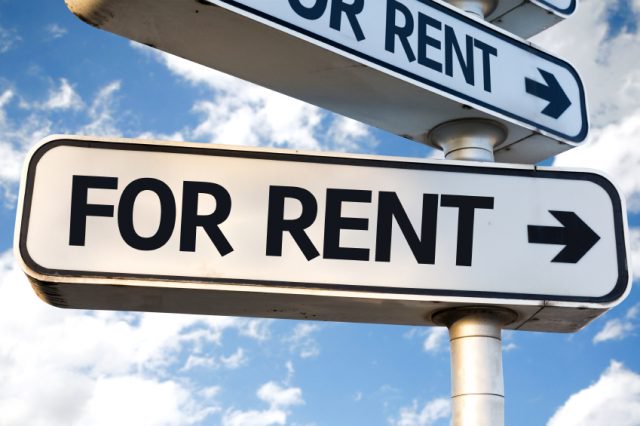Rents in UK just 3.5% up on 2008
New figures from 211-office agency Belvoir indicates that average rents in the UK are better than before the pre-economic downturn in 2008, but only by a small amount.
The rental index from Belvoir is recorded and produced by property expert Kate Faulkner.
Trends
Belvoir’s index, ‘looks at national and regional trends,’ explains Dorian Gonsalves, director of commercial and franchising at the company. ‘The Q3 2015 index shows that almost six years post-recession, average rents in England, Scotland and Wales exceeded the Q3 2008-but only by 3.5%.[1]
‘A total of 14 Belvoir offices in counties that include Lancashire, Norfolk and Devon have yet to recover to levels reached in 2008. Clearly, the market is far from spiralling out of control in terms of rental increases, although this has repeatedly been suggested in media reports throughout the year. It is very clear that a shortage of good quality accommodation is strongly impacting on the market and the ability of agents to meet tenant demand,’ she continued.[1]
Shortage
A major factor determining the performance is the shortage of good quality rental accommodation to satisfy demand. Belvoir said that 14 of its offices in counties such as Lancashire, Norfolk and Devon have yet to reach levels seen in 2008.
These figures are backed up by another report from the Association of Residential Letting Agents (ARLA), which shows that just 25% of agents reported rent increases for tenants in October.
‘Fewer agents reporting rent increases should bring some relief to tenants before Christmas,’ noted David Cox, managing director of ARLA. ‘Although it’s trypical that demand dropped at this time of year, as there’s a seasonal lull in the run up to Christmas, we expect to pick up again in January.’[2]
‘Looking ahead to next year, we’d hope to see the number of tenants experiencing rent hikes remain low with supply and demand leveling out,’ he added.[2]
[1] https://www.lettingagenttoday.co.uk/breaking-news/2015/11/average-rents-in-britain-only-3-5-higher-than-in-late-2008
[2] http://www.home.co.uk/guides/news/story.htm?low_rental_supply_pushes_up_prices





